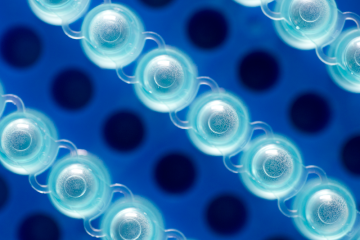Project grant
Epithelial barrier model: in silico modelling and high throughput assessment

At a glance
In progress
Award date
February 2023 - May 2025
Grant amount
£199,859
Principal investigator
Dr Malgorzata Wiench
Co-investigator(s)
Institute
University of Birmingham
R
- Replacement
Read the abstract
View the grant profile on GtR
